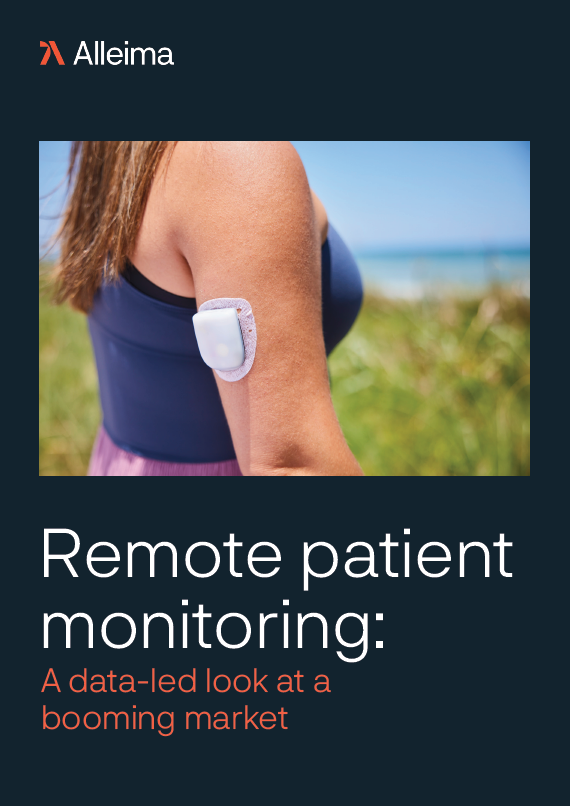Digital healthcare plays a crucial role in the management of diabetes by providing tools and resources to help people with diabetes monitor their blood glucose levels, track their medications and activities, make informed decisions about their diet and exercise, and receive personalised guidance and support. During the Covid-19 pandemic, the robust growth of devices such as continuous glucose monitors (CGMs) demonstrated the popularity of digitally enabled devices. They largely help healthcare providers and patients improve glycemic control and may increase patient self-management.
According to GlobalData’s analysis, the global CGM and insulin pump market was valued at $10.6bn in 2022. The market is expected to almost double to $20.8bn in 2033. Most of the recently approved devices such as Abbott’s FreeStyle Libre 3 system, Insulet’s Omnipod 5, and Medtronic’s 780G have a strong digital capability that largely improves diabetic care, allowing patients to manage their blood sugar levels better than ever before. The apps work in conjunction with the devices to allow users to log their readings, view trends over time, set target ranges, and provide real-time alerts for high or low blood sugar levels. These apps can assist individuals who require insulin injections with calculating the appropriate dosage based on factors like blood glucose levels, carbohydrate intake, and insulin sensitivity.

US Tariffs are shifting - will you react or anticipate?
Don’t let policy changes catch you off guard. Stay proactive with real-time data and expert analysis.
By GlobalDataTo improve patient self-management, many apps offer educational resources, articles, and videos to help individuals understand diabetes, its management, and potential complications. These apps often provide forums or support groups where users can connect with peers, share experiences, and seek advice. Apps can help individuals stay on top of their medication schedule by sending them reminders about taking prescribed medications, including insulin injections, oral medications, and other supplements. Some apps are designed to enhance patient compliance by incorporating incentives from social media and gaming features.
Digital applications often provide healthcare providers with tools to analyse the collected data, generate reports, and visualise trends in blood glucose levels, medication adherence, or lifestyle factors. These data and insights help healthcare providers make informed decisions and adjust treatment plans accordingly. Many digital diabetes clinics were established during the Covid-19 pandemic. These virtual clinics incorporate digital patient data collected by devices and provide individually tailored suggestions and treatments to patients who were unable or unwilling to visit in person.
There has been a trend in diabetic management that emphasises whole-body care, not just focusing on blood sugar levels, especially for people with type 2 diabetes. Research on sleep health, weight management, cardiovascular health, and renal health has been conducted to improve the overall quality of life for people with diabetes. Some digital applications can integrate with other health devices or wearables, such as fitness trackers, blood pressure monitors, or smart scales. This integration enables users to have a comprehensive view of their overall health. The huge amounts of data from electronic medical records, insulin pumps, CGMs, and other wearables, as well as evolving genomic, proteomic, and metabolomics data, can be beneficial in managing diabetes more effectively.







